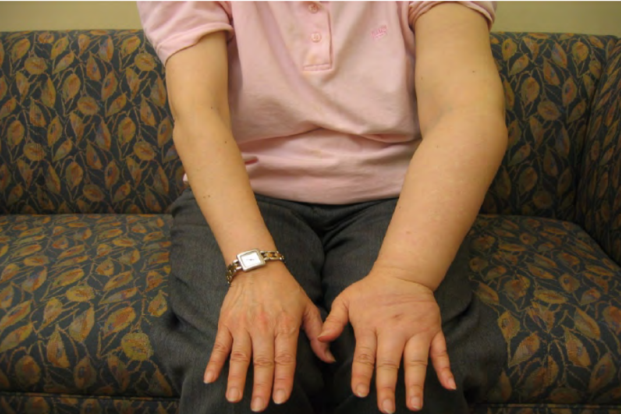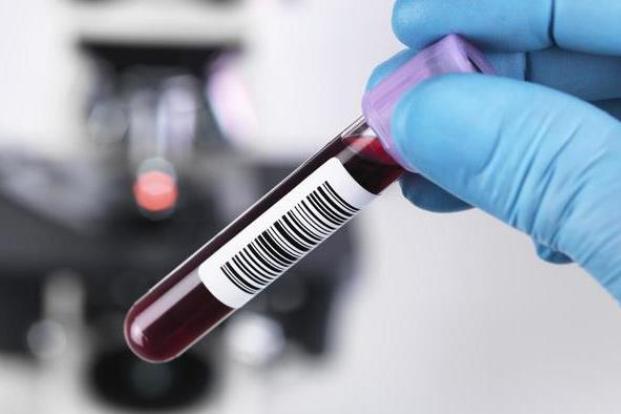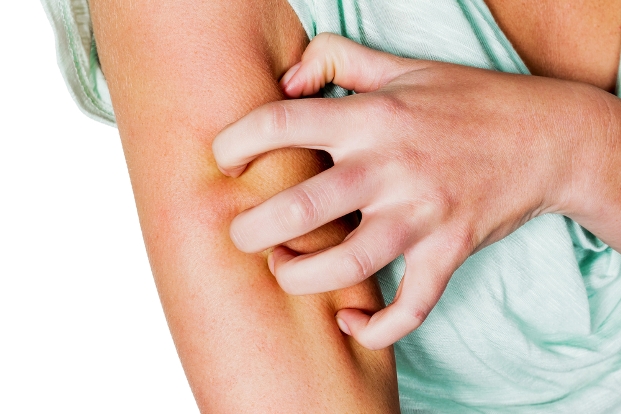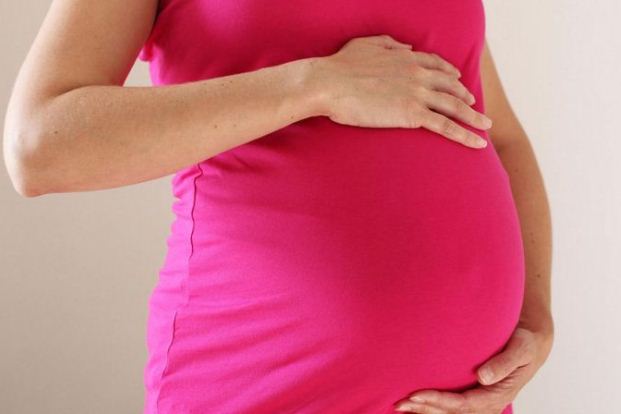Categories
- Bariatric Surgery (11)
- Black Fungus (5)
- Bone Marrow transplant (3)
- Brain Tumor Surgery Navigation Technology (20)
- Cardiac Surgery (66)
- Cardiology (97)
- Computer navigation technology for joint replacements (20)
- Covid Vaccination (17)
- Critical Care (2)
- Dental (19)
- Dermatology (31)
- Dialysis Support Group - “UTSAAH” (11)
- Dietitian (33)
- Emergency Medicine (4)
- Emotional Health (11)
- Endocrinology (33)
- ENT (20)
- Gastroenterology and GI Surgery (53)
- General and Laparoscopic Surgery (21)
- General Surgery (4)
- Gynecology & Obstetrics (183)
- Hematology (20)
- Internal Medicine (294)
- Kidney Transplant (50)
- Kidney Transplantation (20)
- Lung Cancer (8)
- Minimal Invasive Surgery (1)
- Mother & Child (20)
- mucormycosis (5)
- Nephrology (61)
- Neurology (147)
- Neurosurgery (68)
- Nutrition and Dietetics (107)
- Omicron Variant (1)
- Oncology (288)
- Ophthalmology (10)
- Orthopaedics & Joint Replacement (86)
- Paediatrics (59)
- Pediatric Nephrology (3)
- Physiotherapy (5)
- Plastic & Reconstructive Surgery (6)
- Psychiatry and Psychology (90)
- Psychologist (28)
- Pulmonology (72)
- Rheumatology (13)
- Spine Services (21)
- Transradial Angioplasty (16)
- Urology (84)
Query Form
Posted on Apr 19, 2022
LYMPHEDEMA IN BREAST CANCER SURVIVORS
Lymphedema is an accumulation of protein-rich fluid in the interstitial spaces due to blockage or malfunction of the lymph system, or surgical removal of lymph nodes. It affects around 40% of patients after breast cancer surgery. Incidence goes on increasing from 12 to 30 to 60 months post surgery. The impaired fluid drainage from lymph vessels of the upper limb due to lymph node dissection during surgery results in interstitial tissue space flooding.

Symptoms of Lymphedema
- Heaviness and swelling of the affected limb
- Tightness and redness of limb.
- Chronic pain
- Numbness
- The range of motion is limited: Arm may be physically impaired in moderate to severe lymphedema. Patient’s quality of life is impaired, with the feeling of self-consciousness and decreased self-worth.
- It can lead to infection of soft tissues and lymph vessels (cellulitis and lymphangitis).
Who are at risk of developing Lymphedema?
Persons having previous orthopaedic issues, increased BMI and heart disease needing medication are more prone to develop lymphedema after breast cancer surgery.
Treatment and Management of Lymphedema:
- Patients are managed by exercises, limb raising, compression bandage, stockings etc.
- Lymphedema may be intractable despite these measures and may be a cause of constant discomfort and pain to patients.
- The serial sympathetic blockade is a novel treatment modality in these patients. It helps in treating patients with intractable pain and lymphedema not responding to conservative measures.
- Pain, as well as lymphedema, show considerable improvement in patients undergoing these



